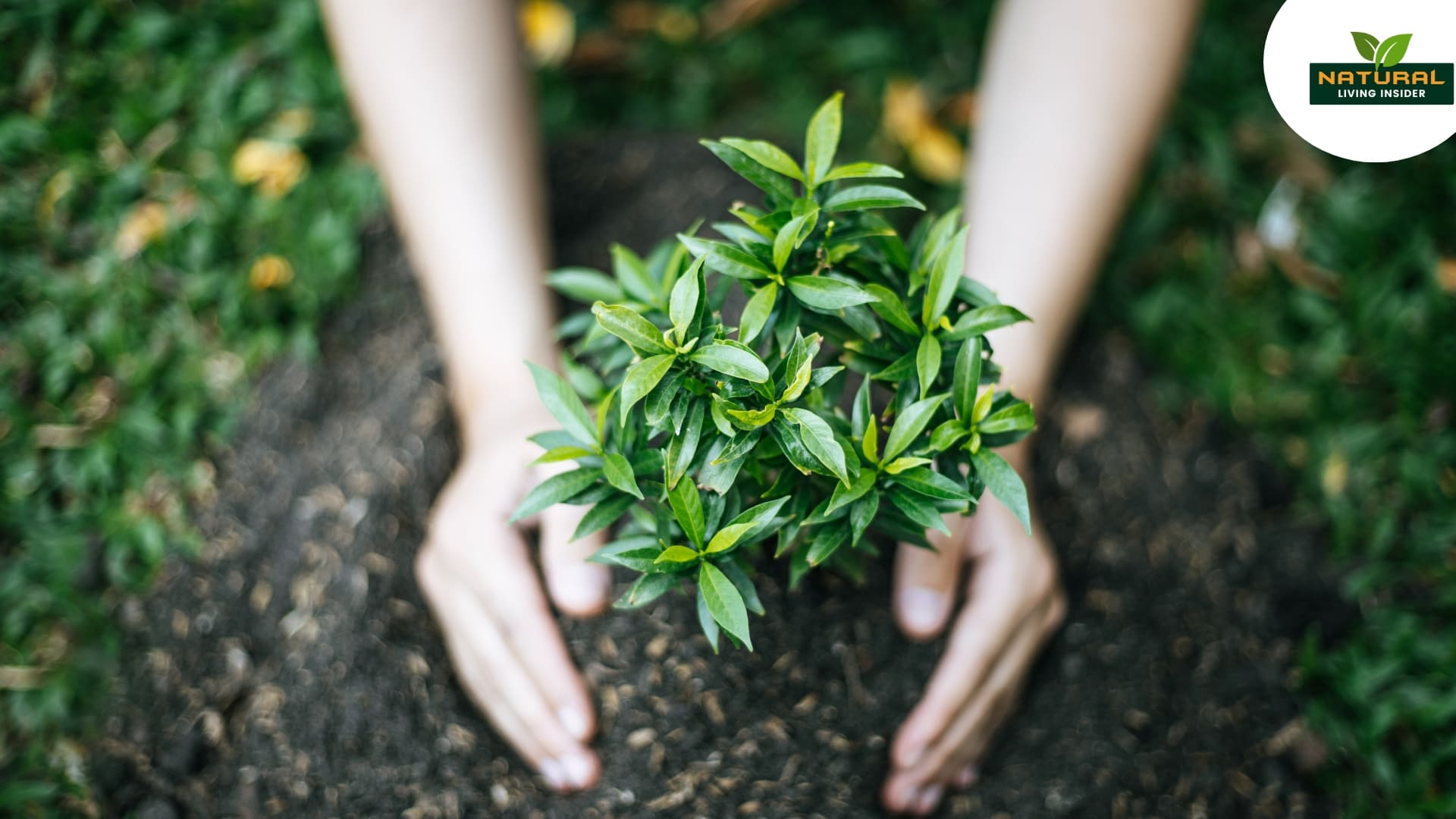
Sustainable gardening goes beyond beautifying your surroundings; it’s a practical and impactful way to protect the environment. By incorporating eco-friendly practices, you can reduce your ecological footprint, support local ecosystems, and create a thriving garden. Here’s a detailed guide to help you create a sustainable outdoor space.
Table of Contents
1. Opt for Native Plants
Native plants are well-suited to the local climate and soil conditions, requiring less water, fertilizers, and pesticides. They also attract and support local wildlife, such as birds, bees, and butterflies. Research the plants native to your region and include them in your garden designs for biodiversity.
Benefits of Native Plants:
- Require minimal maintenance.
- Provide habitat for pollinators.
- Adapted to local weather patterns.
2. Practice Water Conservation
Water is a precious resource, and using it efficiently is key to sustainable gardening. Here are some methods to conserve water:
- Collect Rainwater: Use rain barrels to harvest water for your garden.
- Install Drip Irrigation: Deliver water directly to plant roots to reduce waste.
- Water Strategically: Water early in the morning or late in the evening to minimize evaporation.
- Drought-Tolerant Plants: Choose plants that thrive with less water.
3. Enrich the Soil with Compost
Composting is an excellent way to recycle organic waste while improving soil health. Create a compost bin to turn kitchen scraps, grass clippings, and dry leaves into nutrient-rich fertilizer. This natural solution boosts plant growth and reduces the need for chemical fertilizers.
Composting Tips:
- Maintain a balance between “green” (wet) and “brown” (dry) materials.
- Avoid adding meat, dairy, or oily foods.
- Turn the pile regularly to speed up decomposition.
4. Minimize Chemical Use
Using synthetic chemicals in the garden can harm beneficial insects, leach into the soil, and disrupt ecosystems. Instead, consider:
- Organic fertilizers, such as compost or manure.
- Natural pest control, like introducing ladybugs to manage aphids.
- Companion planting, where certain plants protect each other from pests.
5. Encourage Biodiversity
A garden that fosters biodiversity is healthier and more sustainable. Here’s how to create a balanced ecosystem:
- Grow a variety of flowers to attract pollinators throughout the year.
- Install birdhouses or feeders to invite birds into your garden.
- Add small water features, such as birdbaths or shallow ponds, to support wildlife.
6. Use Permeable Materials
Replace concrete pathways with materials like gravel, wood chips, or porous pavers. These allow rainwater to seep into the ground, reducing runoff and improving groundwater recharge.
7. Reuse and Recycle Materials
Repurpose items to reduce waste and save money:
- Transform old containers into planters.
- Use fallen leaves or grass clippings as mulch.
- Recycle wooden pallets or broken pots for creative garden projects.
8. Reduce Lawn Areas
Lawns often require excessive water, fertilizers, and maintenance. Consider replacing parts of your lawn with:
- Ground covers, like clover or creeping thyme.
- Rock gardens featuring drought-resistant plants.
- Vegetable or herb gardens to make the space more productive.
9. Support Pollinators
Pollinators play a vital role in plant reproduction and ecosystem health. To create a pollinator-friendly garden:
- Grow nectar-rich plants such as lavender, marigolds, and sunflowers.
- Avoid using pesticides near flowering plants.
- Leave small areas of bare soil for ground-nesting bees.
10. Educate Yourself and Your Community
Sustainable gardening is an ongoing journey. Stay informed about eco-friendly practices and share your knowledge with friends and neighbors. Joining local gardening clubs or environmental groups can also help promote sustainable gardening in your community.
Why Sustainable Gardening Matters
- Environmental Benefits: Reduces waste, conserves resources, and mitigates climate change.
- Personal Rewards: Provides fresh, chemical-free fruits, vegetables, and herbs.
- Aesthetic Appeal: Creates a vibrant and harmonious outdoor environment.
- Community Impact: Enhances biodiversity and fosters a sense of connection to nature.
Sustainable gardening is more than a trend—it's a lifestyle choice that benefits both the environment and your personal well-being. By choosing native plants, conserving water, composting, reducing chemical use, and supporting biodiversity, you can create an eco-friendly outdoor space that thrives in harmony with nature. Every small step you take, from using permeable materials to educating your community, contributes to a healthier planet. Beyond its environmental impact, sustainable gardening also brings you closer to nature, improves mental health, and creates a beautiful, thriving space you can be proud of.
Start your sustainable gardening journey today. With mindful choices and consistent effort, you can transform your outdoor space into a sanctuary that reflects your commitment to a greener, healthier world.



